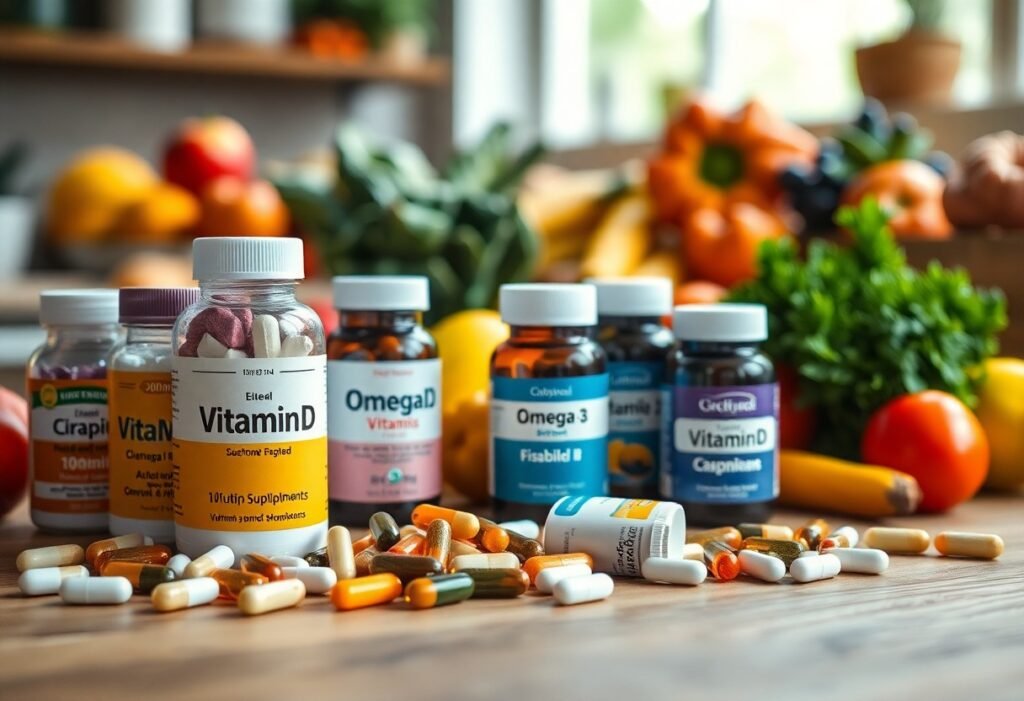
There’s a wealth of information available about vitamins and how they can support your health as you age. Ensuring that you have the right vitamins in your diet can make a significant difference in your overall well-being, energy levels, and ability to ward off age-related ailments. Let’s explore some of the necessary vitamins you should consider incorporating into your daily routine.
One of the most important vitamins for healthy aging is Vitamin D. As you grow older, your skin becomes less effective at converting sunlight into Vitamin D. This vitamin plays a vital role in bone health, helping your body absorb calcium, which is necessary for maintaining strong bones. Additionally, Vitamin D supports your immune system, which can become less efficient with age. It’s recommended that you get enough sunlight exposure or consider supplementation if you find it challenging to meet your needs through diet alone.
Vitamin B12 is another key player in maintaining your health as you age. This vitamin helps create red blood cells and DNA, and it is vital for your neurological function. As you get older, your ability to absorb vitamin B12 from food may decline, so you might need to include more fortified foods like cereals or consider taking a supplement. A B12 deficiency can lead to fatigue, weakness, and even memory problems, so keeping your intake consistent is important.
Vitamin E is an antioxidant that helps protect your cells from damage caused by free radicals, which can accelerate aging. It also plays a role in immune functioning and skin health. Foods rich in Vitamin E include nuts, seeds, spinach, and avocados. By adding these foods to your diet, you can promote overall skin health and maintain your energy levels in your older years.
Another necessary vitamin is Vitamin C. This potent antioxidant not only boosts your immune system but also aids in the absorption of iron from plant-based foods. Vitamin C is necessary for collagen production, which helps keep your skin youthful and firm. Fruits and vegetables like oranges, strawberries, kiwi, and bell peppers are great sources of Vitamin C and should be staples in your diet for accessible and fresh nutrients.
Lastly, don’t overlook the importance of Vitamin K. This vitamin is often associated with bone health as it helps to form proteins that are needed for blood clotting and the building of bones. Leafy greens like kale, spinach, and broccoli are rich sources of Vitamin K and can be easily included in salads or cooked dishes.
To summarize, ensuring you have the right balance of vitamins can significantly improve your quality of life as you get older. Vitamin D, B12, E, C, and K all play pivotal roles in maintaining your health, energy levels, and vitality. While supplements are available, it’s often best to focus on achieving these nutrient needs through a balanced diet rich in fruits, vegetables, whole grains, lean protein, and healthy fats. Consulting with a healthcare provider or a dietitian can help you tailor your vitamin intake to suit your individual needs and ensure that you age gracefully and healthily.
